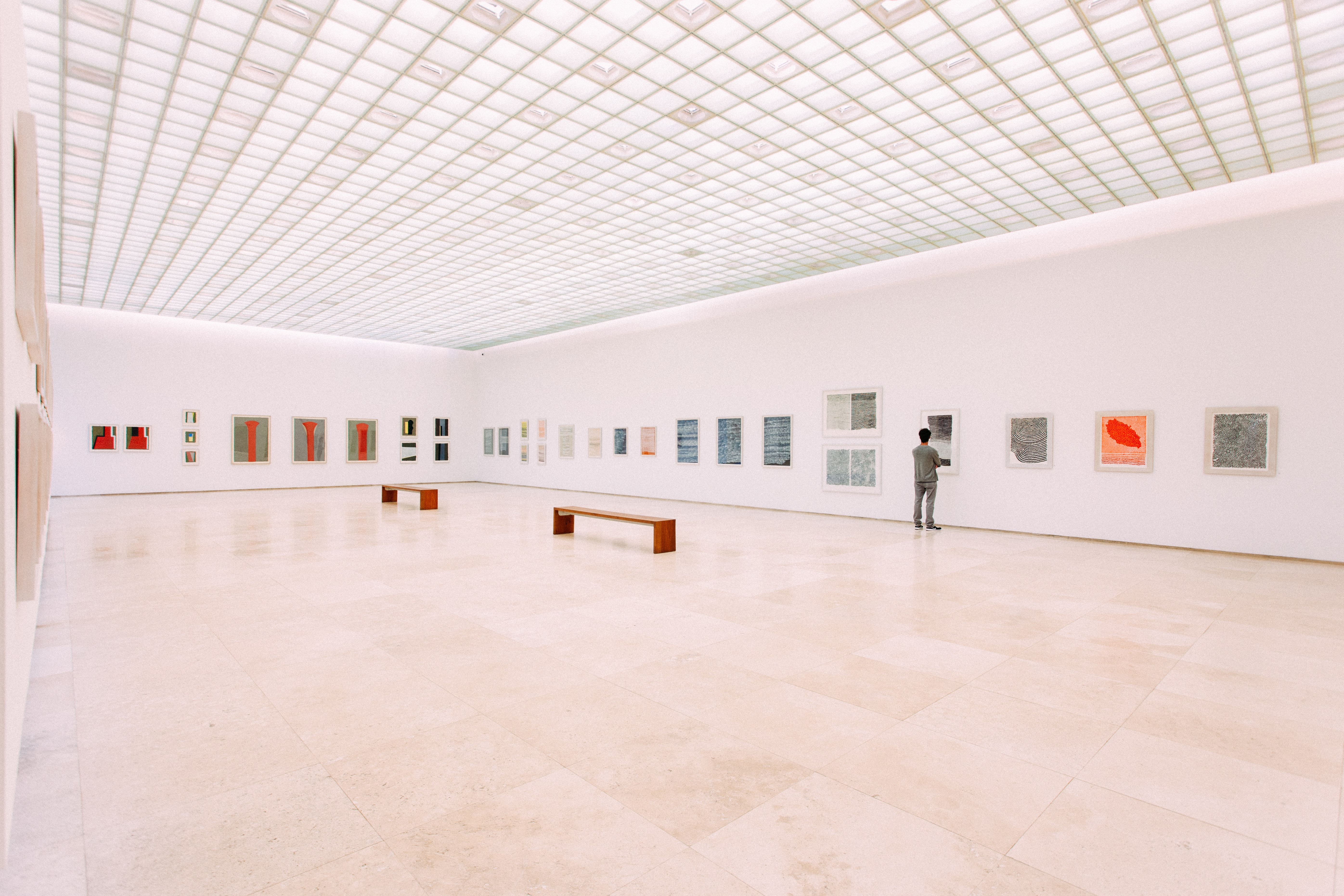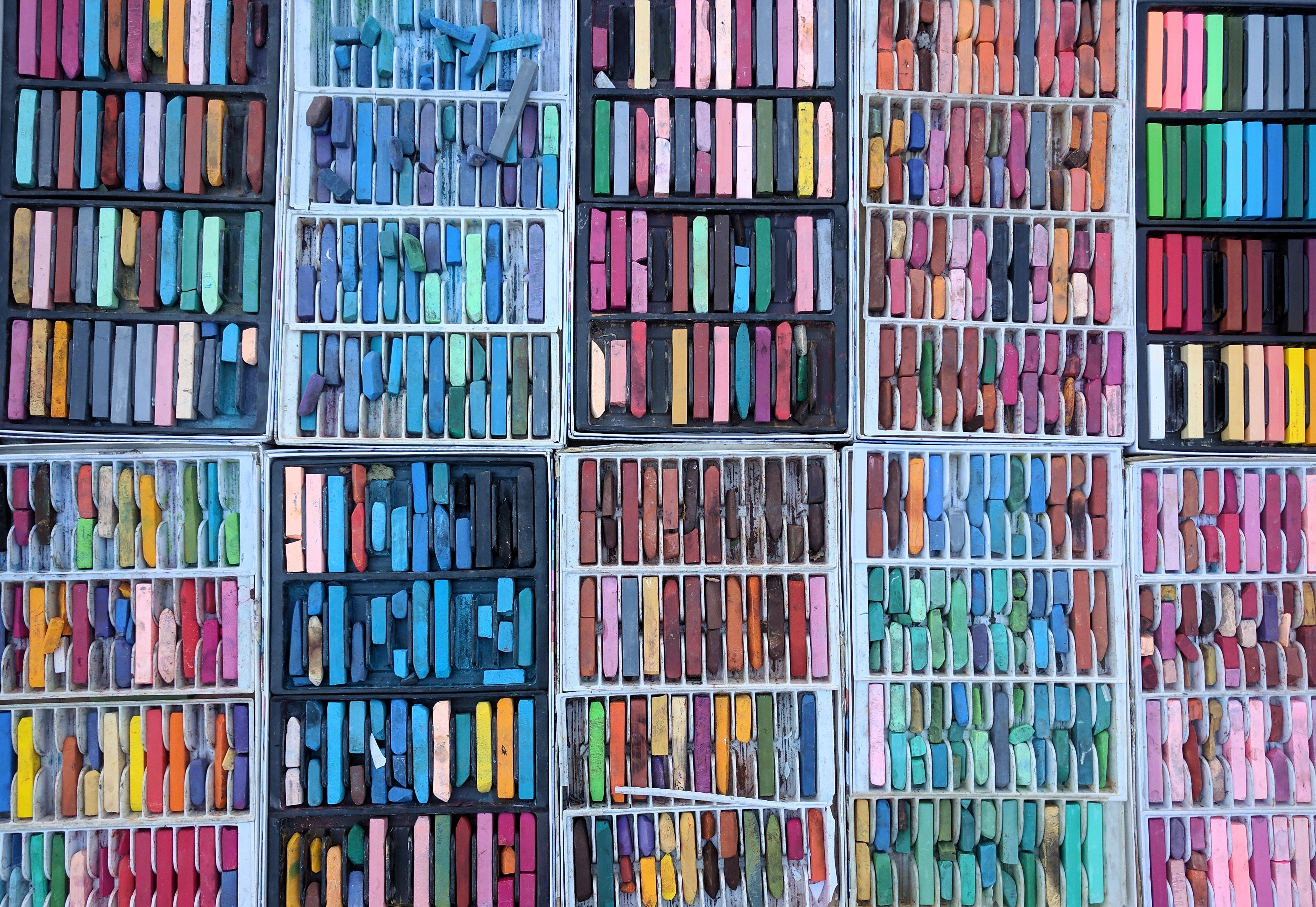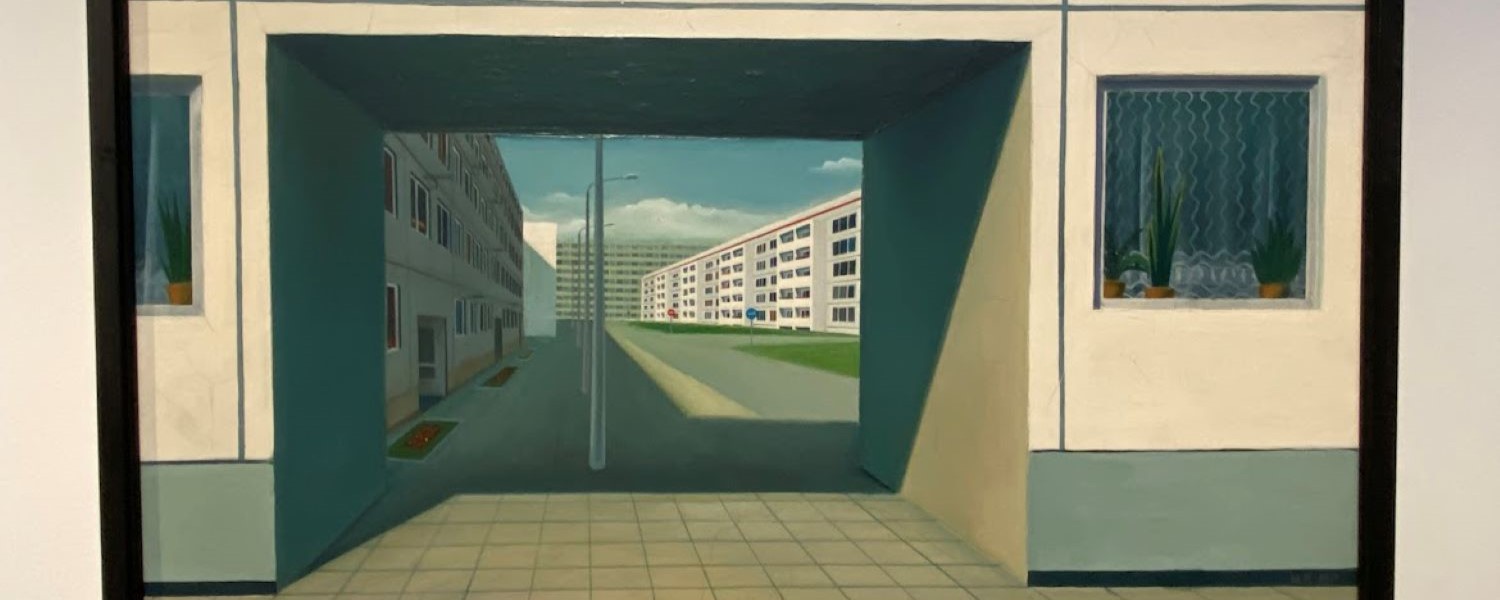
No part of society or the economy has been untouched by the coronavirus outbreak, but as the situation develops globally, it has emerged that the arts, culture, and heritage sectors may be among the hardest hit. Organisations and individuals are working hard to adapt and deliver art in more creative ways than ever, but there is real concern about the lasting effects the pandemic could have on the cultural and creative industries, and the extent to which they will manage to recover.
The impact of coronavirus on the arts, culture and heritage sectors
Back in March, the UK government’s implementation of lockdown and strict social distancing measures led to the sudden and indefinite closure of cultural spaces such as theatres, museums, galleries and cinemas, and the cancellation or postponement of pretty much all events, performances, and festivals across the country. This suspended the usual operations of most cultural institutions, leading to uncertainty and potentially devastating financial losses for those working in the sector, particularly freelancers.
Many involved in the creative industries have expressed concern about financial sustainability, and about how a crisis like this may deepen the sector’s existing inequalities. In the UK, the creative industries employ around two million people, and approximately a third of these are freelancers – the group likely to be the hardest hit by the cancellation of events and projects.
The cancellation of summer festivals and gigs has particularly affected freelance musicians, comedians and performers who often rely on the festival circuit for a substantial proportion of their income.
On top of the immediate financial concerns, artists have expressed worries about the effect of the coronavirus on their visibility, as long-planned projects grind to a halt.
A recent report published by the Arts Council of Northern Ireland estimated that the average loss of earnings for individuals in Northern Ireland’s arts sector was £3,756 between March and May 2020, and the total income loss for organisations was approximately £3.97 million during the same period. Arts Council England have been conducting similar research to gauge the impact of the crisis on the arts sector in England, and are expected to publish their findings soon.
A series of recent webinars delivered by OECD addressed the impact of the coronavirus crisis on museums, and the wider cultural and creative sectors. Museums are at immediate risk due to the dramatic reduction in revenue and charitable donations, and the livelihoods of their staff and freelance professionals are in jeopardy as a result. The loss of income across the wider arts sector has the potential to wipe out a significant proportion of its creative framework. In the longer term, museum ecosystems may be seriously damaged by the loss of smaller creative companies and professionals, on whom museums rely for creative outputs. OECD also warned that the sudden withdrawal of museums from local development projects could have a lasting negative impact on their local communities.
Similar concerns are raised in the Arts Council of Northern Ireland report, which emphasises that the suspension of public classes, workshops, community outreach initiatives and work within schools, usually provided by arts organisations, is likely to have a profound impact on Northern Ireland’s local communities and place vulnerable people at risk.

What is being done to help?
Across the UK, emergency funding programmes have been launched to support organisations and individuals at risk.
Arts Council England has offered £160 million of emergency funding (almost all of its reserves), to protect England’s arts, museums and libraries. The funding package aims to support individual creative practitioners, as well as organisations at risk. As part of this programme, they are continuing to fund their existing National Portfolio Organisations, even where agreed projects cannot go ahead.
Arts Council Wales has allocated an initial £7 million to an urgent response fund, with the hope that funding will increase through collaboration with other trusts, foundations, and charities who are able to contribute. Arts Council for Northern Ireland has combined £500,000 of their own funds with £1 million from the Department of Communities to create an emergency fund for artists and creative organisations.
Creative Scotland have launched three new emergency funding programmes, as well as guaranteeing that all previously committed funding awards will be honoured regardless of event cancellation. They have also encouraged recipients of their funding to honour their pre-existing agreements with artists and freelance professionals.
Businesses and employees in the sector are receiving support from the government’s furlough scheme, and freelancers can apply for government grants as part of the Self-Employed Income Support Scheme.
A variety of independent funding schemes have also been set up by charities and non-profit organisations across the UK to support organisations and individuals.
What next?
The arts sector is in serious danger as a result of the coronavirus crisis. The assistance on offer has the potential to help individuals and organisations to stay afloat for the time being, but as lockdown persists and social distancing measures seem set to continue for the foreseeable future, there are already concerns that the funding on offer at this stage is not going to be enough. The second part of this blog series will consider how the arts sector is responding to the crisis, and what is needed to help its recovery going forward.
Part two of this blog post will appear on Wednesday 13 May.
Further posts on our blog concerning the arts and culture include:
Share
Related Posts
A recent item on BBC Radio 4’s Today programme generated an unusually high number of responses from listeners. A man who had lost his job in the financial services sector at the age of 57 described his difficulty in trying ....
Tackling geographical inequalities is critical for ensuring that all parts of the country have the potential to prosper. When the UK was a member of the European Union, it was entitled to a share of funding from the EU’s structural ....
By Robert Kelk and Chris Drake A new start for an old challenge? The recent appointment of Marc Lemaître as the European Commission’s director general for research and innovation (R&I) has returned Europe’s R&I gap to the spotlight. Previously head ....

